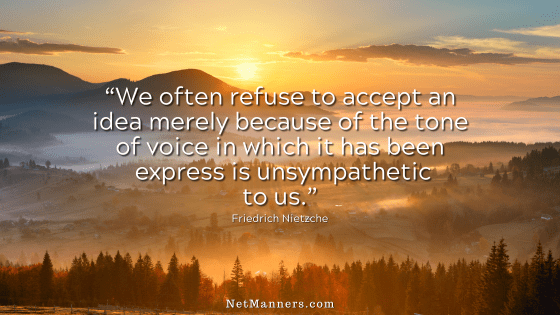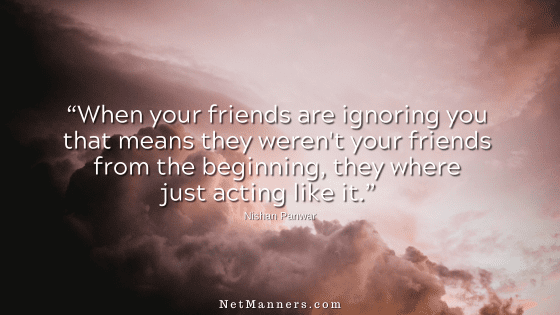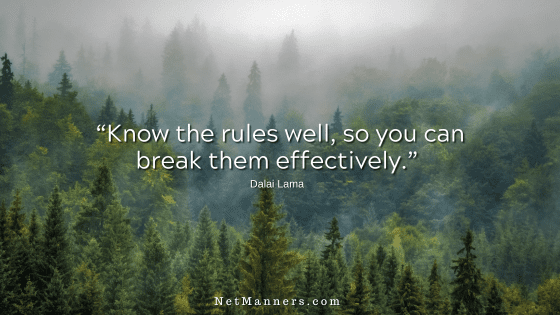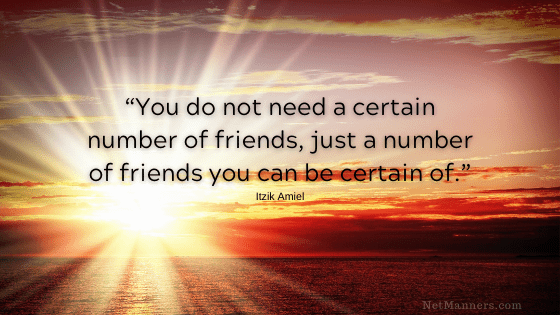Email Forwards: Invasion of Privacy?
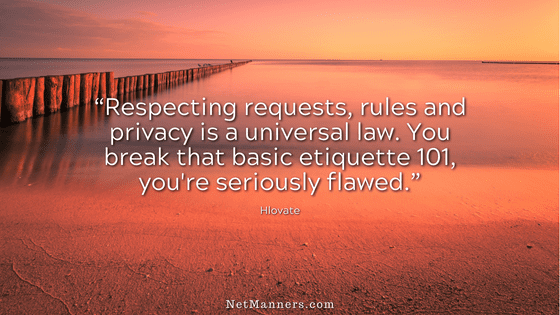
Yes. Yes, it is!
Whoever sent that forwarded email should have redacted/removed all their contact’s email addresses from the forward. You never expose contacts’ email addresses to folks they don’t know.
I have wondered about the motives for forwarding emails with the email addresses still visible. Why would the forwarder be so agnostic about others’ privacy? I think they don’t realize that is what they are doing.
But let’s return to the original sender. They should have used the BCc: field for addresses sent to contacts who do not know each other. (I have an article about the Email Etiquette involved in Forwarding and using the BCc: field.)
Dual Responsibility
These simple efforts by the original sender (BCc: use) and the forwarder (redacting) would have prevented any email addresses from being exposed to strangers. Instead, by not protecting these addresses, they both, in essence, breached the privacy of their contacts.
The bottom line is they caused the public display of email addresses to strangers. All because they did not take steps to protect their contact’s privacy in no way provides tacit permission for anyone to continue to expose or email folks they do not know.
Strangers or Mutual Acquaintances?
If the only thing you have in common with the listed email addresses is that you know the sender or forwarder but not each other directly, you do not have permission to email them.
Just because you can see an email address (that was not provided to you by its owner) does not mean the email address owner wants to hear from you. If you are emailing about something you can commercially gain from, you definitely should not email this “acquaintance.” That’s called spamming.
But let’s say you want to reach out. That is part of being online and participating in groups and communities.
Over the years, I’ve met some friendly folks who did just that. But keep in mind there is a right way to do so.
In this case, you have two options. The preferred approach would be to ask the intermediary friend if they wouldn’t mind formally introducing you by email.
Another option is to start the email with a reminder greeting about how/when you “met,” mentioning the intermediary contact, and a “hope you don’t mind if I email you…” statement.
That said, don’t be surprised if they do not appreciate getting an email from someone they don’t know, regardless of who you both know in common or how important you think the connection may be.




